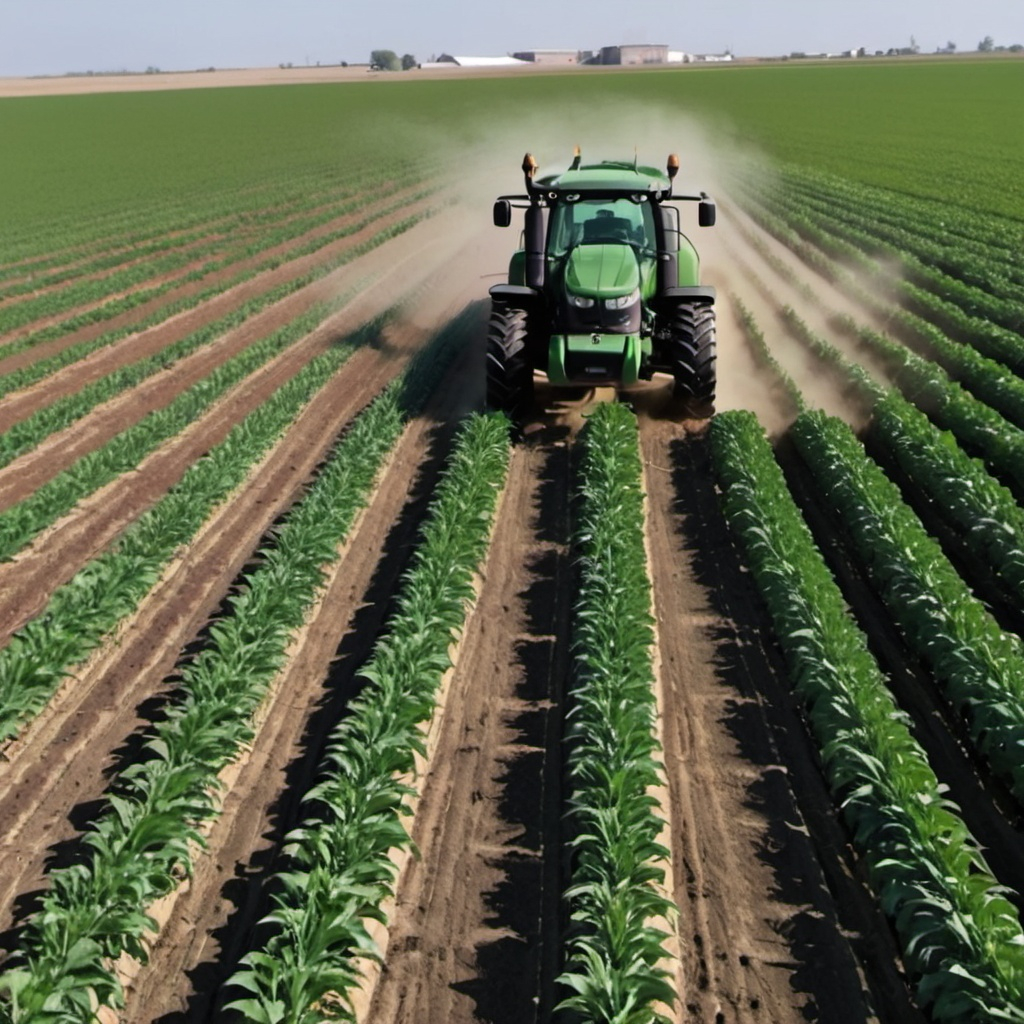
Emerging Technologies in Agriculture
Agriculture is rapidly evolving with the integration of new technologies designed to enhance productivity and sustainability. Innovations such as precision agriculture, which uses GPS and data analytics to optimize crop management, and automation technologies, like drones and robotic systems, are transforming traditional farming practices. These technologies enable farmers to monitor crop health, manage resources more efficiently, and reduce labor costs.
Sustainable Farming Practices
Sustainability is a major focus in modern agriculture as the industry seeks to balance productivity with environmental stewardship. Practices such as crop rotation, reduced tillage, and organic farming are gaining popularity. These methods aim to preserve soil health, reduce chemical use, and lower carbon footprints. Additionally, there is an increasing emphasis on water conservation through techniques like drip irrigation and rainwater harvesting.
Impact of Climate Change
Climate change poses significant challenges to agriculture, affecting crop yields, pest dynamics, and water availability. Farmers are adapting by adopting resilient crop varieties, adjusting planting schedules, and investing in climate-smart practices. Research is ongoing to develop crops that can withstand extreme weather conditions and fluctuating temperatures.
Market Trends and Global Trade
Agricultural markets are influenced by global trade policies, economic conditions, and consumer preferences. Trends such as the increasing demand for plant-based foods and organic products are shaping market dynamics. Trade agreements and tariffs also impact the export and import of agricultural commodities, affecting prices and market access for farmers.
Innovations in Crop and Livestock Breeding
Advancements in genetic research are revolutionizing crop and livestock breeding. Techniques such as CRISPR gene editing and marker-assisted selection are being used to develop crops with improved traits, such as disease resistance and higher yields. Similarly, livestock breeding programs are focusing on traits that enhance productivity and health.
Role of Government and Policy
Government policies play a crucial role in shaping the agricultural sector. Subsidies, research funding, and regulations influence farming practices and market conditions. Policies aimed at supporting sustainable practices, addressing food security, and promoting agricultural innovation are key areas of focus for policymakers.
Challenges and Opportunities
The agricultural sector faces numerous challenges, including resource constraints, market volatility, and the need to adapt to changing environmental conditions. However, these challenges also present opportunities for growth and innovation. By embracing new technologies, sustainable practices, and adaptive strategies, the agriculture industry can address these issues and drive progress in the sector.